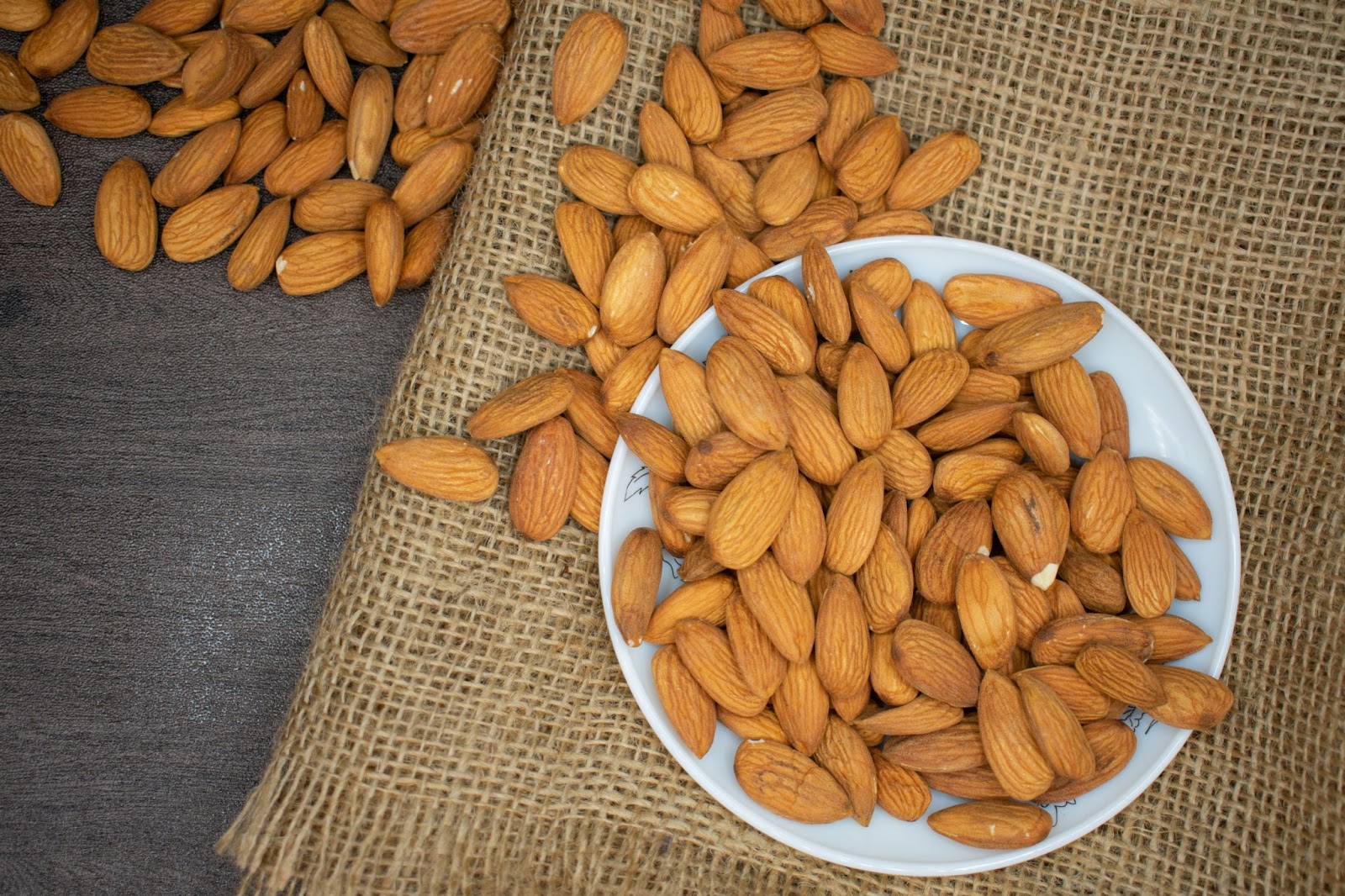
It’d be impossible to navigate the internet in this day and age and not hear someone trying to talk to you about protein. Heck, we’re guilty as charged at Chef V, with plenty of articles about topics like what is pea protein good for.
There’s a good reason for this—protein is one of the fundamental building blocks to good nutrition. Despite being so important, your average customer probably doesn’t know what it is, or that they should care about things like protein shakes. No matter if you’re a nutrition junkie, or just looking for a juice cleanse near you, here’s your basic guide to protein.
Okay, so what’s protein?
We’re not chemists or biologists, and we don’t expect you to be either. So we’ll try to cover the basics here. At the same time, it’s important to note that protein is a bit more complex and essential than just “something in your meat.”
First things first, there’s no singular thing called a protein. Rather it’s a class of types of molecules found inside your body. Proteins are made up of chemicals called amino acids. (For the few people interested in chemistry here, amino acids are themselves made up of carbon, hydrogen, nitrogen, and oxygen. Yep, you don’t get any more basic than this). Proteins themselves are the building blocks of much of your body, particularly your muscles.
From the nutritionist’s point of view, proteins are considered a macronutrient. This means that along with fat and carbohydrates, they’re one of the kinds of nutrients humans need in relatively large amounts.
What is the function of proteins?
What do proteins do? It’d be easier to ask what they can’t do! Proteins combine the role of both a key building block of your body, as well as a key component of your body’s daily operations. Essentially, proteins help your body create new cells, and move them around your body to where they’re most needed in your body. In particular, you need protein to build and maintain your muscles.
This is only scratching the surface. Proteins also help you produce hormones, which are worth a discussion entirely on their own. Having enough protein is also key to making sure that you have enough antibodies to stave off disease.
From a diet perspective, it’s important to note that proteins are often what help you feel full after a meal. This means that if you’re getting enough protein, you can better manage your appetite and cut back on cravings.
How to get more protein in your diet
We tend to associate protein mainly with meat products. However, that’s not the only place you can get protein in your diet. In fact, there are plenty of plant-based proteins out there, especially in nuts and the really dark leafy greens. Recently, there has been a growing interest in protein that comes in powdered form so it can be mixed in with other products, often drinks.
You’ll often hear about the term “complete proteins.” What this is referring to is that fact we dropped earlier, that proteins are themselves made up of different amino acids. You do need all of these amino acids for the best health. A complete protein would be one that contains all the amino acids.
There are a few misconceptions about complete proteins. The first is that if you aren’t eating complete proteins, you need to try and “match” proteins to eat together to get all your amino acids at the same time. Trust us, it’s not that complicated. Just treat your amino acids like any other important nutrient and mix them up in your diet.
Another common misconception is that complete proteins are only found in animal products. There are quite a few plant-based complete proteins, such as quinoa and soybeans.
You know what also has complete protein in it? Our signature detox shakes! We achieve this through the use of pea protein. This means that our juice cleanses deliver a comprehensive package in nutrition. Try them with confidence.